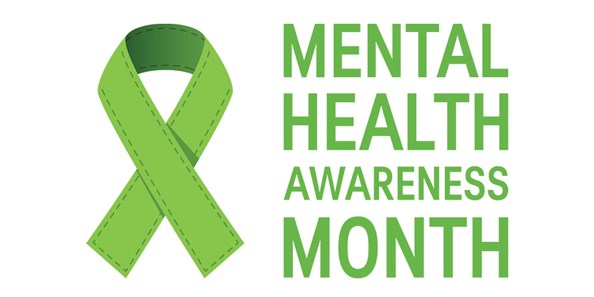Not the New Normal
May 26, 2020
As we come to the end of mental health awareness month, it seems fitting to focus on the impact of the coronavirus pandemic on our mental health. Without any doubt, the global pandemic that has affected every human being on our planet will have a significant and lasting effect on our collective and individual mental health. Although there is little we can do to effect the course of the pandemic, I do believe that how we approach our efforts to cope in this incredibly stressful time will have a direct impact on our mental health now and in the future.
As our journey to cope with the COVID-19 pandemic stretches on, I’m often hearing this time being referred to as “the new normal.” While I understand that this sentiment is likely an effort to encourage coping and perhaps even to create some sense of certainty, I fear that normalizing the stress and struggle of this time will not serve us well. Every day I hear from folks about their feelings of anxiety, helplessness, anger, fatigue, lack of motivation, and sleep disruptions, among other difficulties. These struggles have not eased as the days have stretched into weeks and months of coping. If this is now the “new normal,” then what to do about the very real emotional ups and downs that so many of us face during this time? Despite the fact that human beings are finding amazing and creative ways to deal with the difficulties we are facing, there is nothing normal about this time.
We know the toll that minimizing our pain and struggle has on our mental health. Adults who were abused as children, unfortunately, become very skilled at minimizing and internalizing their trauma. There is most often no acknowledgement of the pain that abused children bear. Children who were sexually abused become experts in pushing aside their anger, fear, and feelings of helplessness to appear normal. Because their abuse is not acknowledged, they believe they must go on as if everything is okay. The need for extraordinary coping to hide their pain leads these children into patterns of living that may ultimately lead to chronic anxiety, depression, and a multitude of behaviors to distance from their pain in adulthood. And, sadly, the greatest loss of all is the loss of vitality and healthy engagement in one’s own life.
The story is different for the small percentage of abused children whose pain is acknowledged, validated, and tended to. These fortunate children grow up knowing that their struggle has meaning and that it’s okay to ask for help. In most cases, the mental health outcome in adulthood for these children is much more positive than for those who learned to cope by burying their pain.
As counterintuitive as it might seem, acknowledging the truth about the emotional disruption of this time may be the best way to help ourselves through this extraordinarily difficult time.
As counterintuuitive as it might seem, acknowledging the truth about the emotional disruption of this time may be the best way to help ourselves through this extraordinarily difficult time. This time is not normal and we need not behave as though it is. By compassionately accepting our emotional dysregulation, which is to be expected in such a stressful time, we may be tending to our mental health in a way that will hold us in good stead for this time and as we eventually emerge from the storm.
If I have learned anything in over 20 years of sitting with people who suffer, it’s that human beings are amazingly and blessedly adaptable and resilient. I have no doubt that living through the kind of crisis that we are all living through has the possibility of creating meaningful growth and strength. It is entirely possible that the outcome of this time may deepen our gratitude for human connection and increased appreciation for our ability to persevere in difficult times, among other valuable gifts.
But for now, while we are still on this long and uncertain journey, I believe it will serve us well to acknowledge that these times are not normal and that our emotional resources may ebb more than they flow. That for now, it really is okay to not be okay and that asking for help and support will get us through.
AUTHOR
Janice Palm, LMHC Executive Director
